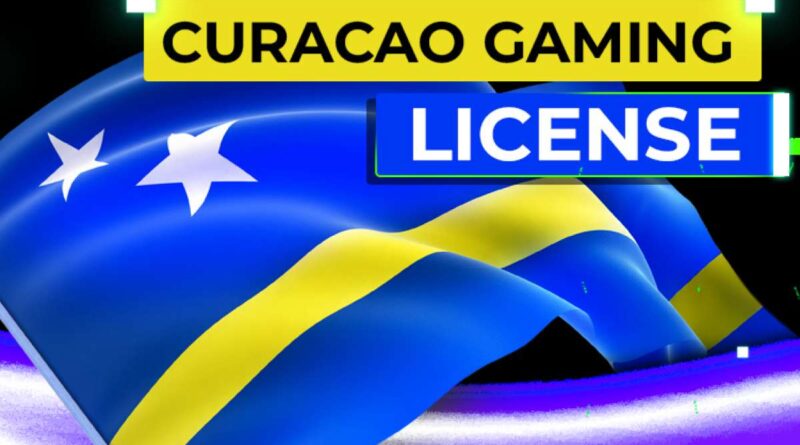Navigating the World of Gambling Licenses: A Comprehensive Guide
In the dynamic and ever-evolving landscape of the gambling industry, obtaining a legitimate curacao gambling license is a crucial step for operators looking to establish a reputable and legally compliant business. A gambling license serves as a testament to an operator’s commitment to fair play, responsible gaming, and adherence to stringent regulations. In this article, we will delve into the intricacies of gambling licenses, exploring their significance, the application process, and the benefits they bring to both operators and players.
The Significance of a Gambling License
A gambling license is a legal document issued by a regulatory authority that grants operators the right to conduct gambling activities within a specific jurisdiction. These licenses are not only a legal requirement but also serve as a safeguard for consumers, ensuring they engage in fair and secure gaming environments.
- Regulatory Compliance: Obtaining a gambling license requires operators to comply with a set of regulations established by the licensing authority. These regulations are designed to protect players’ interests, prevent criminal activities, and maintain the integrity of the gambling industry.
- Player Protection: Licensed operators are bound by regulations that prioritize player protection. This includes implementing responsible gaming measures, ensuring the security of financial transactions, and providing fair and transparent games. Players can trust licensed operators to prioritize their well-being and adhere to ethical business practices.
- Credibility and Reputation: A gambling license adds a layer of credibility to an operator’s reputation. It signifies that the business has undergone a thorough vetting process, demonstrating financial stability, integrity, and a commitment to operating ethically. This credibility can attract more players and build trust within the industry.
The Application Process
Obtaining a gambling license is a meticulous process that varies from jurisdiction to jurisdiction. However, there are common steps that operators typically follow:
- Choose the Right Jurisdiction: Operators must select a jurisdiction that aligns with their business model. Factors to consider include the reputation of the regulatory authority, tax implications, and the target market.
- Compile Necessary Documentation: The application process involves submitting a comprehensive set of documents, including financial records, business plans, security measures, and details about the gaming software used.
- Undergo Background Checks: Regulatory authorities conduct thorough background checks on applicants, ensuring they have a clean criminal record and financial stability. This step is crucial to maintaining the integrity of the gambling industry.
- Pay Fees: Operators are require to pay application and ongoing fees. These fees contribute to the cost of regulating and monitoring the gambling industry, ensuring compliance with established standards.
Benefits of a Gambling License
- Access to Global Markets: A gambling license opens doors to new markets, allowing operators to expand their reach and attract a diverse player base.
- Legal Protection: Licensed operators enjoy legal protection, reducing the risk of legal complications. This protection extends to both the operator and the players, fostering a secure gaming environment.
- Financial Partnerships: Many financial institutions and payment providers prefer to work with licensed gambling operators. Making it easier to establish banking relationships and process transactions.
- Marketing Opportunities: Being license provides operators with unique marketing opportunities. As players are more likely to trust and choose platforms with a legitimate and recognized license.
Conclusion
In the competitive world of online gambling, a legitimate gambling license is not just a regulatory requirement. It is a symbol of commitment to fairness, transparency, and responsible gaming. Operators who prioritize obtaining and maintaining. A gambling license position themselves as trustworthy entities in the eyes of both players and industry stakeholders. As the gambling landscape continues to evolve, securing a reputable license remains a cornerstone for success in this dynamic industry.

